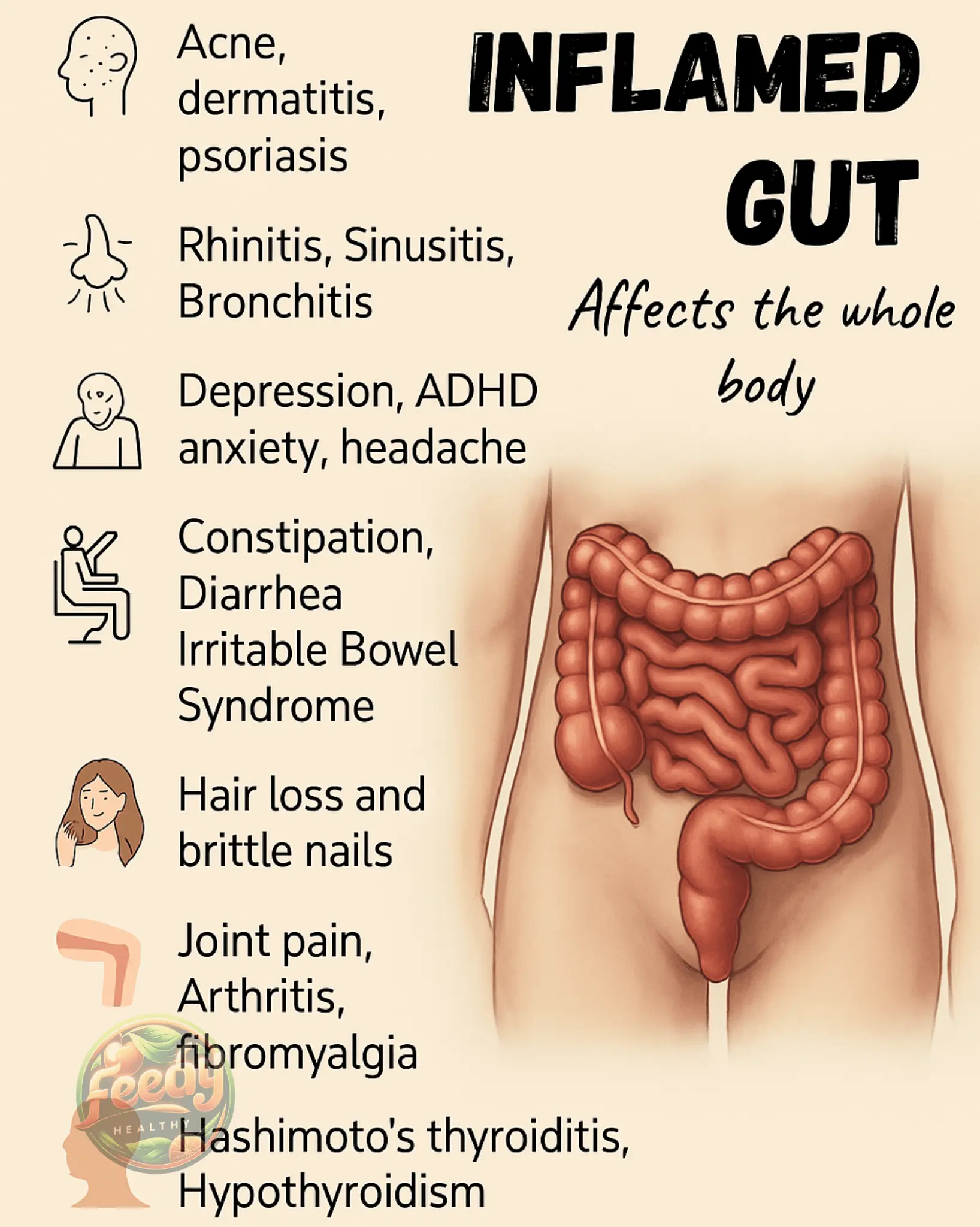
Men Who Neglect This Crucial Practice Face 45% Higher Risk of Prostate Cancer

According to the American Cancer Society, 1 in 8 men will be diagnosed with prostate cancer during their lifetime. It is the second most common cancer in men, after lung cancer, in terms of cancer-related deaths. However, if detected early, many men can overcome the disease and continue to live healthy lives.
Early Detection: A Crucial Factor
While risk factors like age, race (prostate cancer is more common among African American men), genetics, family history, and lifestyle play a role, regular screening remains one of the most important and controllable factors. Skipping this test can increase a man’s risk of developing prostate cancer by up to 45%.
The Importance of the PSA Test
One of the most effective screening methods is the PSA blood test (Prostate-Specific Antigen). The European Randomized Study of Screening for Prostate Cancer (ERSPC), conducted over two decades with tens of thousands of participants across seven European countries, found that regular PSA screening can reduce prostate cancer mortality by up to 20%. However, fewer men are participating in annual check-ups, leading to a rise in prostate cancer risks.
New Dutch Study Reveals Alarming Trends
A study by the Erasmus MC Cancer Institute in the Netherlands, involving over 72,000 men, found that 1 in 6 men missed all scheduled screenings—and this group had a 45% higher risk of dying from prostate cancer. Lead researcher Dr. Renée Leenen noted that men who avoid regular screening are often those who also neglect other aspects of their health, including diet, exercise, and stress management.
Why Do Men Avoid Screening?
Common reasons include:
-
Fear and denial
-
Busy lifestyles
-
Embarrassment or the belief that it threatens their masculinity
-
Misconceptions about invasive procedures
Many men still believe prostate exams involve the digital rectal exam, which requires a doctor to insert a finger into the rectum to feel the prostate. While this method is sometimes still used, it has largely been replaced by the simple PSA blood test, which is quick, non-invasive, and highly informative.
The Benefits of Routine Screening
Screening is not only simple and fast—it brings peace of mind. A negative result means you’re in the clear for at least a year. A positive result means you’ve caught it early enough for effective treatment. In addition to PSA tests, doctors now have access to advanced diagnostic tools like MRI scans and biopsies for more accurate results.
Conclusion
Men should treat regular prostate cancer screening as a vital part of their health care routine. A simple blood test could literally save your life. Don’t let fear, embarrassment, or a hectic schedule cost you the chance to detect and treat cancer early. The earlier the detection, the better the outcome.
News in the same category


3-Year-Old Boy Gets Super Glue in His Eye: Mother's “Golden 30 Seconds” Action Saves Him from Blindness

Unlocking the Power of Thyme: Combat Poor Circulation, Fatty Liver, High Blood Pressure, and Anxiety

15 Common Warning Signs of Cancer

What Your Tongue Color Says About Your Health!

Rice Collagen Cream: No Wrinkles At Any Age

Nail Cancer Often Overlooked: A Dark Streak Could Be a Silent Warning

5 Foods That May Help Prevent Stomach Cancer

The Benefits of Boiled Eggs: Nutrition and Recipes You Should Try

Coffee Lovers, Take Note! “Extend Lifespan” or “Promote Cancer”? It All Depends on One Habit

Both Mother and Daughter Died of Liver Cancer — Doctor Warns: 3 Things You Should Never Add to Congee

Using an Electric Kettle to Boil Water: 90% of Users Make This Mistake — Remind Your Loved Ones to Correct It Soon

What causes the green ring around hard-boiled eggs?

Just Found Out Today: These 6 Foods Should Not Be Reheated — If You Can’t Finish Them, It’s Best to Throw Them Away!

9 ‘Classic’ Symptoms Signaling Early-Stage Cancer in Children: Parents Should Take Their Child to the Hospital Immediately

Heartfelt Advice: Throw Away These 4 Toxic Plastic Items Before Cancer Comes Knocking

NATURAL REMEDIES FOR INFLAMED GUT

Daily Baking Soda Intake May Help Tame Autoimmune Inflammation, Study Finds

Many people mistake nasopharyngeal cancer for tonsillitis: Doctor explains how to tell them apart through associated symptoms
News Post

Discover the Power of the Tahitian Nut: A Natural Remedy Against Cancer

Discover the Power of Thyme: Fight Diseases Like Poor Circulation, Fatty Liver, High Blood Pressure, and Anxiety

Woman issues terrifying warning after finding a stroller abandoned on the side of the road

Say Goodbye to Urinary Infections, Asthma, and More: The Benefits of Tradescantia Spathacea

Discover the Benefits of Chayote: A Natural Remedy for Your Health

Warning from Hospital : Eating this type of meat daily may increase cancer risk – Don’t ignore it!

Restore Your Vision, Eliminate Anemia, and Detox Your Liver with This Powerful Natural Smoothie

3-Year-Old Boy Gets Super Glue in His Eye: Mother's “Golden 30 Seconds” Action Saves Him from Blindness

🍫✨ Caramel Brownie Cheesecake Bites ✨🍫

Vitamin Deficiency and Leg or Bone Pain: What You Need to Know

15 things a woman should never tell a man

🍯 Caramel Toffee Crunch Cake 🍰

🍊🍰 Orange Cream Cheesecake with Glaze 🍰🍊

💕😋 Irresistible Cherry Chocolate Cake 😋💕

Unlocking the Power of Thyme: Combat Poor Circulation, Fatty Liver, High Blood Pressure, and Anxiety

15 Common Warning Signs of Cancer

What Your Tongue Color Says About Your Health!

Dog refuses to leave storefront, desperately waits for help
